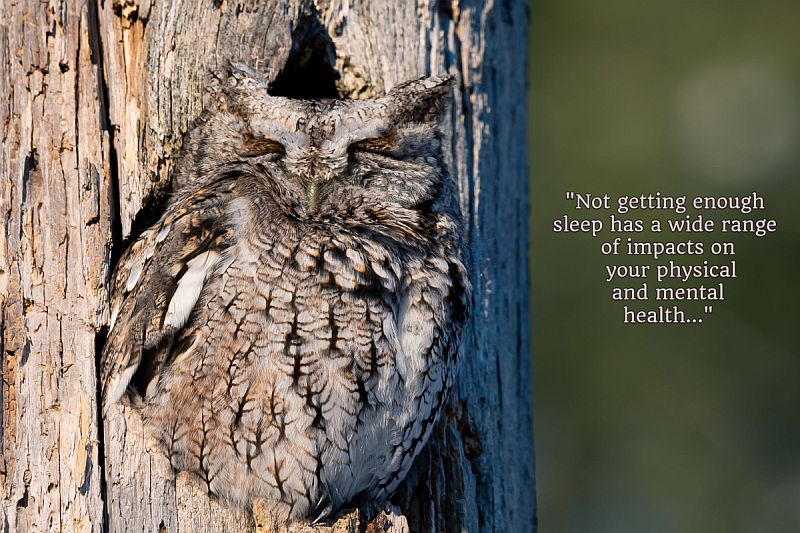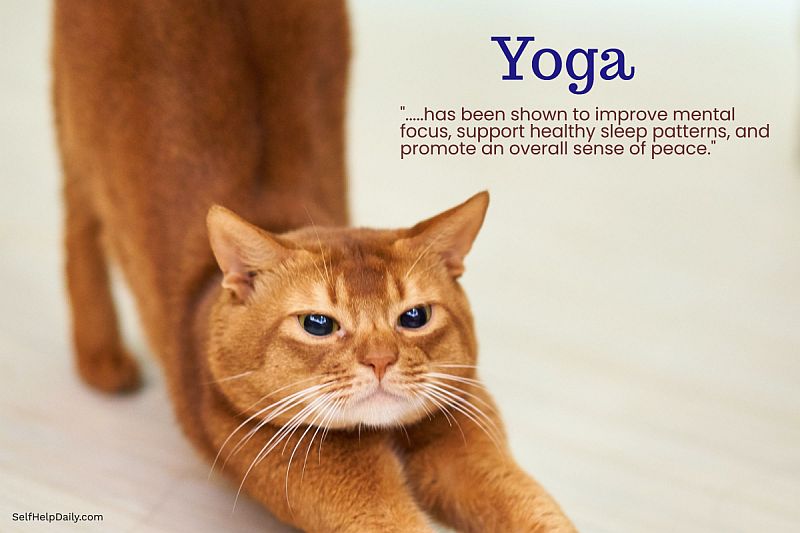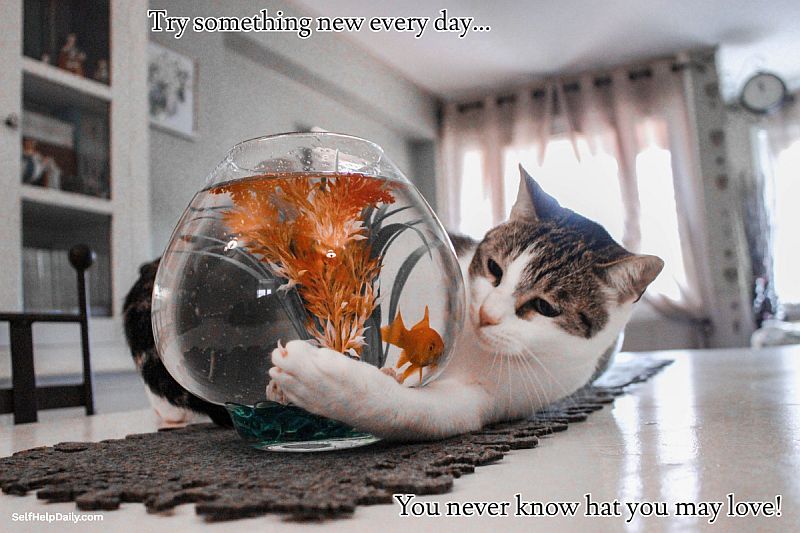Get enough sleep for mental and physical health!
Most people like to think that they are conscientious when it comes to their health. They try to eat right, to sleep right, and to exercise when they can. However, it is a fact of life that when we are stressed and burned out, it can be all too easy to let some good habits slip. This is when we start reaching for shortcuts, to find the easiest route through the day and to do things that will save us time without really thinking about the impact that it may be having.
As we head into the summer, most of us will have a little more time to breathe than we may have had during the long and stressful winter. That means that it is the perfect time to take a look back at some of your bad habits and make plans for adjustments. Here are a few things that may have been affecting your brain health without you realizing it, and some suggestions for improvements.
Not Getting Enough Good Sleep
In an ideal world, we would all be sleeping better. The last couple of years have had a huge impact on the sleep patterns and the sleep quality of people all over the world. It is also true that once you start getting into bad habits with your sleep, it can be very difficult to recover that sleep debt. Not getting enough sleep has a wide range of impacts on your physical and mental health, and it is vitally important that you take this problem seriously. Different people have different needs, but it is generally advised that you try to get between seven and nine hours of sleep every night. Listen to your body if it feels like you are not getting enough.
Drinking Too Much
Most people are aware of some of the major health hazards that are associated with drinking too much alcohol over a long period of time. They include liver damage, a higher risk of cancer, and it can also have a serious impact on your brain health. Of course, it is not always easy to cut down, especially if you have started relying on it to wind down at the end of the day. Try to have one day a week where you don’t drink any alcohol, and then keep cutting back gradually. This will help you feel happier and healthier before you know it.
Not Thinking About Your Diet
Much as with drinking, there are a number of different health issues that can occur if you do not watch what you are eating. An overreliance on sugary or fatty foods can cause serious cardiovascular issues and being significantly overweight will also put you at risk of problems such as cancer and other illnesses. However, a lot of people do not realize that there is a link between gut health and brain health.
Diet has been shown to have an impact on mood disorders such as depression and anxiety and working to improve your gut health may have a bigger impact than you might expect. Take mushrooms, for example. We know that mushrooms are good for us, and that scientists are fascinated by their potential to do more. Indeed, there have been studies that have shown that certain types of mushrooms can help with brain and nerve issues. To learn more about food for brain health, visit Dr Ruscio’s website. He offers practical, science-based advice to help you enjoy better gut health.
Smoking Or Chewing Tobacco
The chances are that you may already be aware that smoking has an impact on almost every single element of your health, but it is so important that it bears repeating. Smoking cigarettes and chewing tobacco puts you at a huge risk of a wide range of cancers as well as other major illnesses. The chances of you seriously damaging your brain health are significantly higher if you smoke, so this is definitely the time to quit if you have not done so already.
Keeping Problems To Yourself
The phrase “brain health” covers a wide range of different issues, and one of the most important is mental health. There has been a lot written on the subject over the last couple of years, and everyone has learned a lot about how it affects us and how we can support people who are struggling. New initiatives are being launched to help those in mental health emergencies, such as the dial 988 code. However, there are a still a lot of people out there who will try to get on with things because they do not feel that there is anyone that they can talk to. If you feel like you are struggling with depression or anxiety, it is so important that you open up to someone. If you do not feel like you can talk to your friends or family, then look at options for therapy. There is always someone who is ready to listen.






